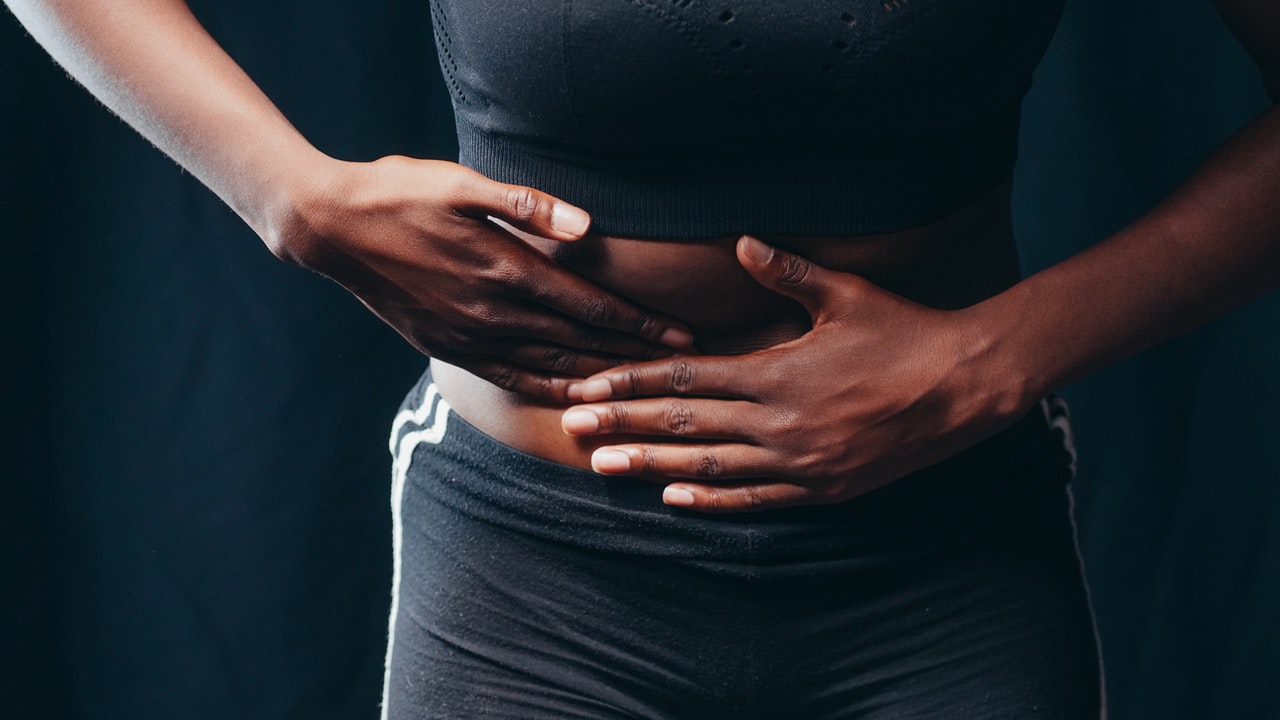Gastro-intestinal influences are caused by viruses or other bacterial forms. These attack the mucous membrane of the digestive system, destroying the intestinal flora, which protects our body. The consequences are symptoms such as: nausea, vomiting and diarrhea which can occur together or even individually. Dehydration, fever, exhaustion and fatigue may also appear. Gastro-intestinal influences can affect people of all ages, but they occur more in children. Typically, these symptoms go away after a few days, or they can last longer.
When you have abdominal pain, vomiting and diarrhea, here’s what to eat and what to do to help your body stay healthy.
When the origin is viral it is accompanied by greater contagiousness and spreads in particular in closed and crowded places, such as schools, cruise ships, nursing homes, canteens and more.
These forms of flu go away on their own without medication, but can sometimes affect children, the elderly, or people with low immune defenses, so severe and lasting symptoms can occur. The therapy to follow is to prevent dehydration with the intake of liquids and mineral salts lost with vomiting and diarrhea.
Abdominal pain, vomiting and diarrhea, here’s what to eat and what to do to help your body feel good. The reintegrating solutions
If we are in the presence of frequent vomiting and diarrhea during the day, drinking only water may not be enough.
For this reason it is necessary to take rehydrating oral solutions to buy at the pharmacy, which will allow us to replenish the lost mineral salts and liquids.
What not to eat
The diet to be followed should consist of small meals taken several times a day.
Let’s see together what are the foods to avoid:
a) all fatty, overly seasoned, spicy or salty foods;
b) drinks containing caffeine and alcohol;
c) consumption of milk and dairy products;
d) raw vegetables and fruit;
Here are the foods to eat
a) all complex carbohydrates such as bread, rice, potatoes, pasta;
b) white meat and fish;
c) carrots and bananas.
